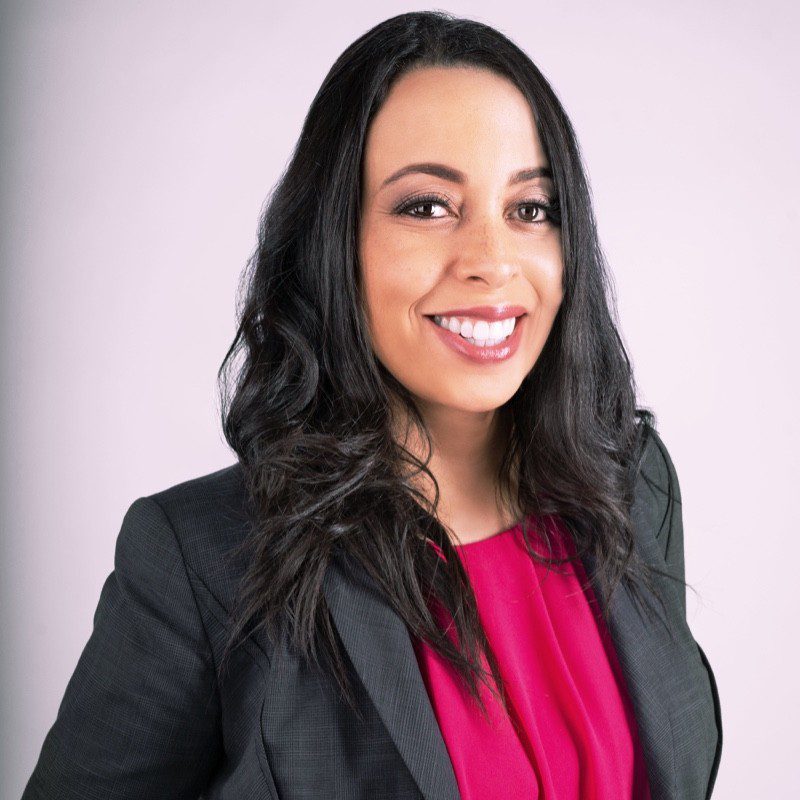
The finalists for WashingtonExec’s Pinnacle Awards were announced Oct. 11, and we’ll be highlighting some of them until the event takes place live, in-person Nov. 30.
Next is Diversity, Equity, & Inclusion Industry Executive of the Year (Public Company) finalist Dr. Arvenita W. Cherry, who’s vice president for diversity, equity, and inclusion at Maximus. Here, she talks key achievements, primary focus areas going forward, proud career moments and more.
What key achievements did you have in 2021 / 2022?
The DE&I Team and I successfully launched three Employee Resource Groups, the first ever for our company. The current groups are Asian American, Native Hawaiian, Pacific Islander, Black Alliance and Women of Excellence.
We have about 1,250 employee members with diverse representation within and across groups with a strong ally presence. We launched our 4th ERG (VETs) on Nov. 9 to coincide with and to honor Veterans Day and National Veterans and Military Families Month.
Anyone who has set up an inaugural ERG program at their company, knows how much research, work, time, and other resources go into this and it isn’t easy to launch so many at one time, so this is a huge achievement for our DE&I Team, our employees and our company. We have gotten tremendous positive feedback on what this means for our company culture, for individuals personally, and how this will help inform our business needs.
Additionally, we have launched a mentorship program that has piloted within the ERGs and we have exceeded our participation threshold for this pilot which is another triumph for us all.
What has made you successful in your current role?
I attribute my success to my parents, my training and experiences, and others who are supporting me in this work. I acknowledge my parents because they instilled the meaning of social justice, the importance of advocacy and education, and how to create spaces of solidarity to accomplish change together.
My parents raised me to be in tune with what was happening in our community and the communities of others and I take this in every role I’ve been in, but especially my current role. My training and experiences as an educator and anthropologist and being grounded in the important history and people’s unique stories, have really informed my approach to educating others, designing programs, leading teams, and ensuring people around me are part of this DE&I journey and feel supported in making change within their own spheres of influence.
Equally as important, our leadership at Maximus from the top down ⏤ namely our President and CEO Bruce Caswell, our Chief Human Resources Officer Michelle Link, and our Senior Vice President of Human Resources, Rebecca Kenawell, believe in diversity, equity, and inclusion and have supported me, resourced DE&I as a priority, and messaged this as central to who we are as a company throughout the organization.
I also have a core team of brilliant individuals, as well as “extended” support in the form of our DE&I council, DE&I coaches, and other colleagues who show up and roll up their sleeves to help strategize, champion, brainstorm, and offer critical feedback on the best ways to move this work.
I have the honor of working with some pretty amazing people and I attribute any success I may have to the working relationships I have with this community of colleagues.
What are your primary focus areas going forward, and why are those so important to the future of the nation?
My primary focus areas moving forward are to support the growth of our Employee Resource Group and mentorship programs; promote a more inclusive approach to procurement by launching a supplier diversity program; partner across the business to increase diversity talent and build viable pathways toward employment; and preside over our Maximus Foundation as president to align DE&I and Maximus Foundation goals to further support equitable grantmaking and increased community outreach.
All of the focus areas are important to the future of our nation because they are all people-centric priorities that will further an equity and inclusion agenda. I believe changes within our institutions will positively impact all spaces across our society.
Looking back at your career, what are you most proud of?
I am most proud of connecting with people and taking them on this DE&I journey with me.
What’s your best career advice for those who want to follow in your footsteps?
I would say if looking at my footsteps is useful, please do, but my path wasn’t a straight and easy one and I’d advise you to make your own trail. Creating authentic relationships across differences, learning to care about issues and topics that might not be your own, working on being self-reflective and honest about blind spots and biases, and looking for people who will partner with you is key.
If you are completely new to the DE&I space, I would say make sure you have or are growing a historical lens so you will have context for the things you are trying to solution. People will respect and trust you if they know that you cared enough to try to understand their experience and needs.

